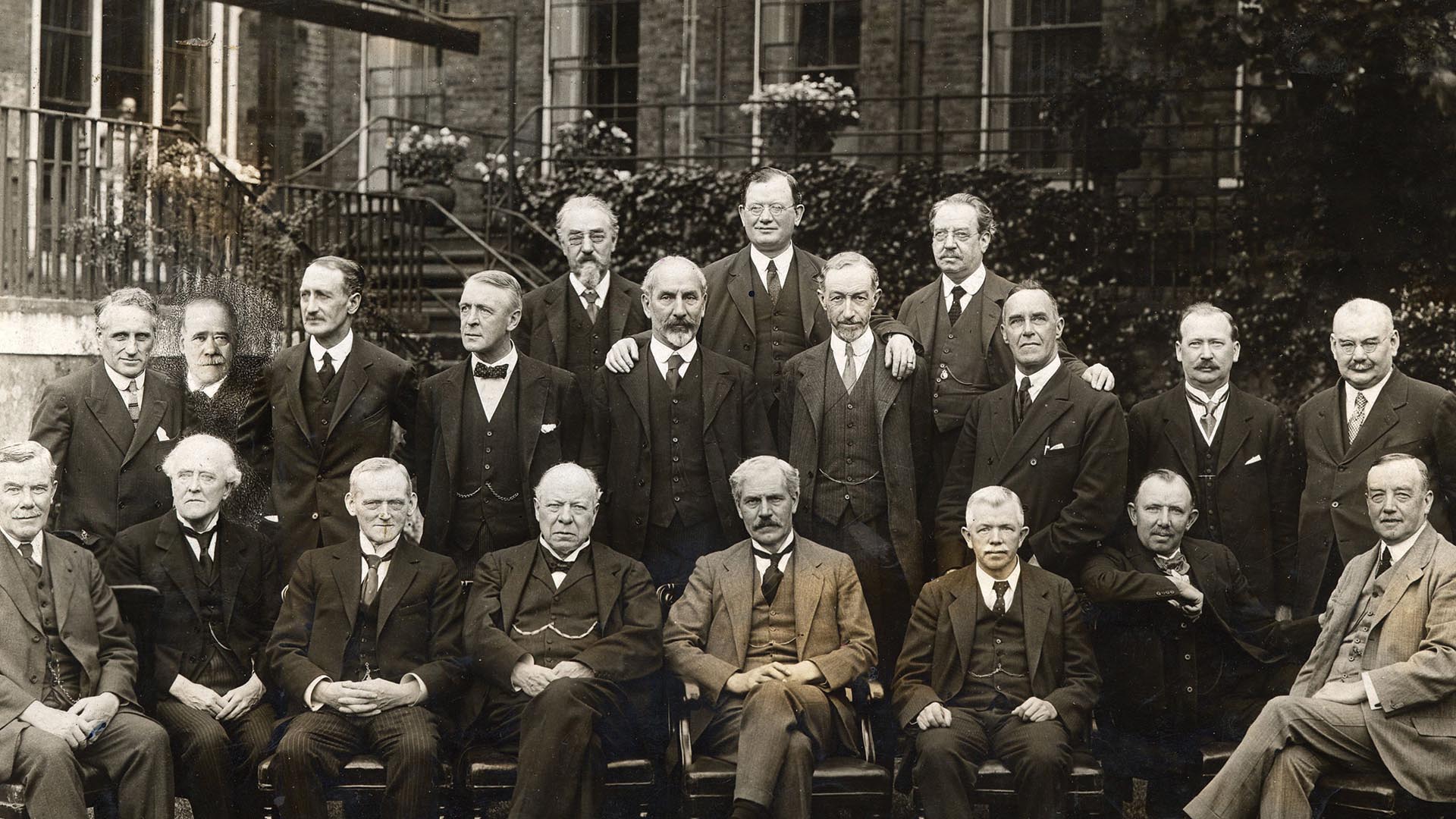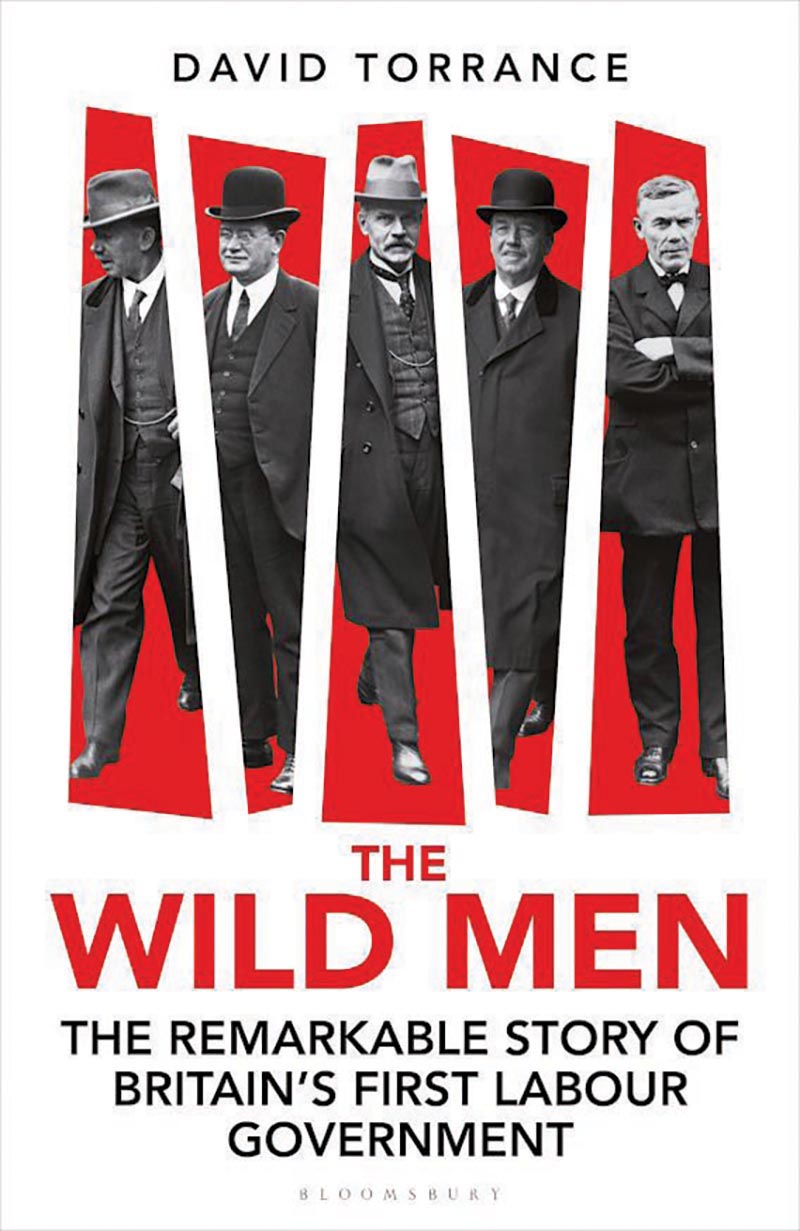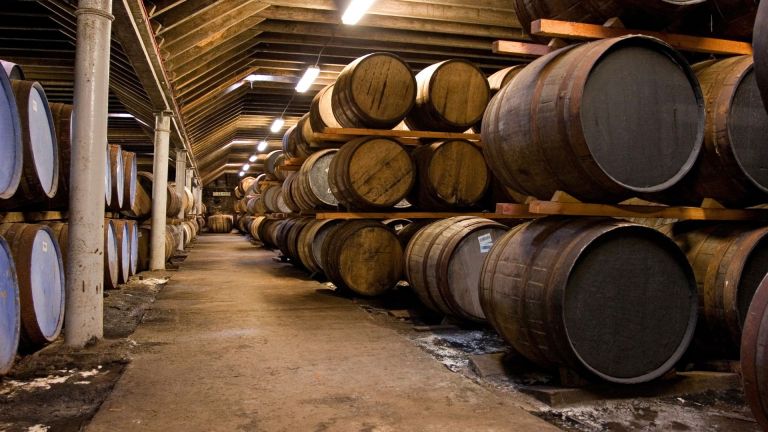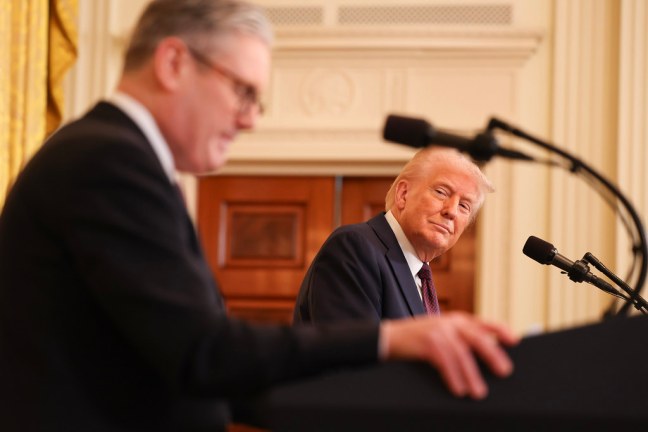And while a Tory-Liberal coalition would have solved that problem, a previous partnership had only broken up in 1922 amid considerable acrimony. As a result, when Baldwin faced parliament for the first time in January 1924, he lost a confidence motion on the King’s Speech and the monarch – George V – sent for the person next best placed to command the ‘confidence’ of MPs.
That was Ramsay MacDonald, an illegitimate son of a farm hand from the north of Scotland. Having only been Labour leader since 1923, it was a remarkable turnaround in his political fortunes. A decade earlier he had taken a principled stand against the First World War, something which cost him his constituency and reputation. Now he was in charge of Britain and its then-vast Empire.
So how did MacDonald and his colleagues do? History hasn’t judged the first Labour government kindly, which is understandable given it only lasted nine months. But in my new book, The Wild Men: The Remarkable Story of the First Labour Government, I argue that it deserves a little more credit.
First of all, the fact a Labour government was formed at all was testament to Ramsay MacDonald’s political skills: he seized the opportunity to enter office despite trepidation on the left of his party. Second, MacDonald assumed the role of foreign secretary as well as premier, and within a few months had won international acclaim for renegotiating the controversial Versailles Treaty and its punitive reparations against Germany. Together with the ebullient trade unionist Jimmy Thomas, MacDonald also helped complete the provisions of the Anglo-Irish Treaty, which allowed most of Ireland to achieve independence from the UK. No mean feat given the long-standing difficulty of the ‘Irish Question’.
The budget presented by chancellor Philip Snowden to the House of Commons in April 1924 was also a surprise triumph, managing to satisfy every major party and reassuring the middle classes that they wouldn’t be penalised. At the same time, Labour quietly dropped its proposed ‘capital levy’ (a wealth tax), knowing it lacked adequate support.
Then there was health minister John Wheatley’s Housing Bill, which has often been acknowledged as the only legislative achievement of the first Labour administration. A lack of affordable housing had dogged governments for years, and it took the cherubic Wheatley finally to grasp the nettle. Through considerable diplomacy, he brought trade unions and the construction industry together to agree a long-term building plan backed with Treasury support.
Although a future Conservative government reversed much of Wheatley’s legislation, his legacy was still considerable. The solid brick terraces which dominate the suburbs of almost every British city could not have been built without John Wheatley. And although not ‘socialism’ per se, what became known as ‘council housing’ transformed the lives of thousands of working-class people.
So why has all this been virtually ignored? In part, the legacy of the first Labour government has been cancelled out by the actions of the second. In 1931 Ramsay MacDonald agreed to lead a ‘national government’ comprising Tories and Liberals, something the Labour Party called the ‘great betrayal’. But now a century has passed, the wild men of 1924 deserve greater credit for having demonstrated that – contrary to contemporary fears – they were fit to govern.
The Wild Men: The Remarkable Story of the First Labour Government is out 18 January (Bloomsbury Continuum, £20). You can buy it from The Big Issue shop on Bookshop.org, which helps to support The Big Issue and independent bookshops.
This article is taken from The Big Issue magazine, which exists to give homeless, long-term unemployed and marginalised people the opportunity to earn an income. To support our work buy a copy!
If you cannot reach your local vendor, you can still click HERE to subscribe to The Big Issue or give a gift subscription. You can also purchase one-off issues from The Big Issue Shop or The Big Issue app, available now from the App Store or Google Play











